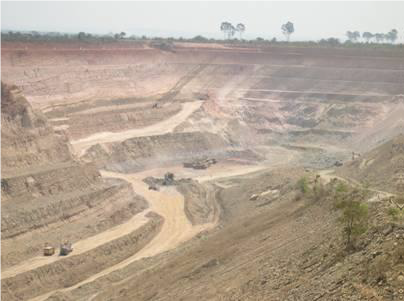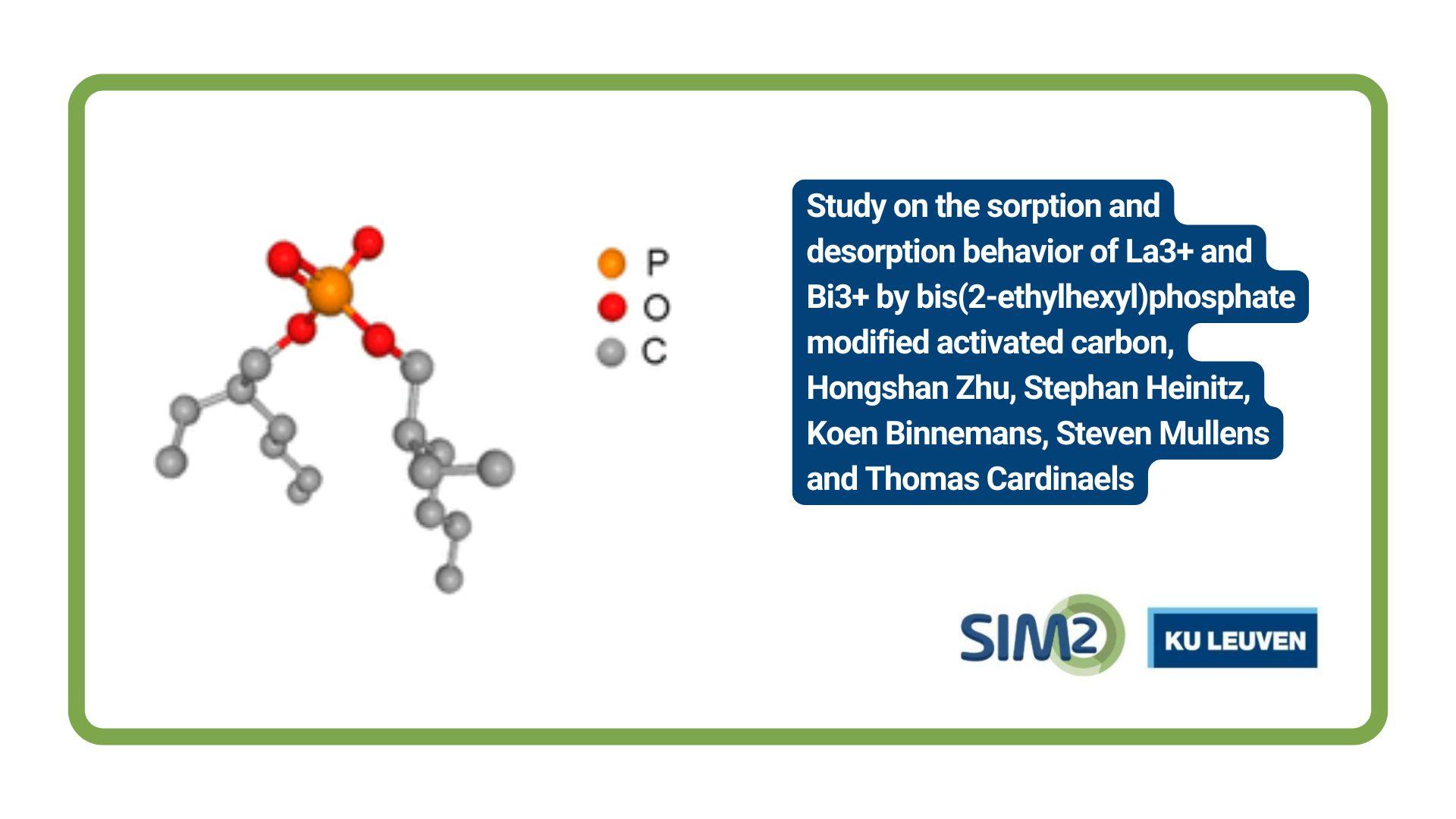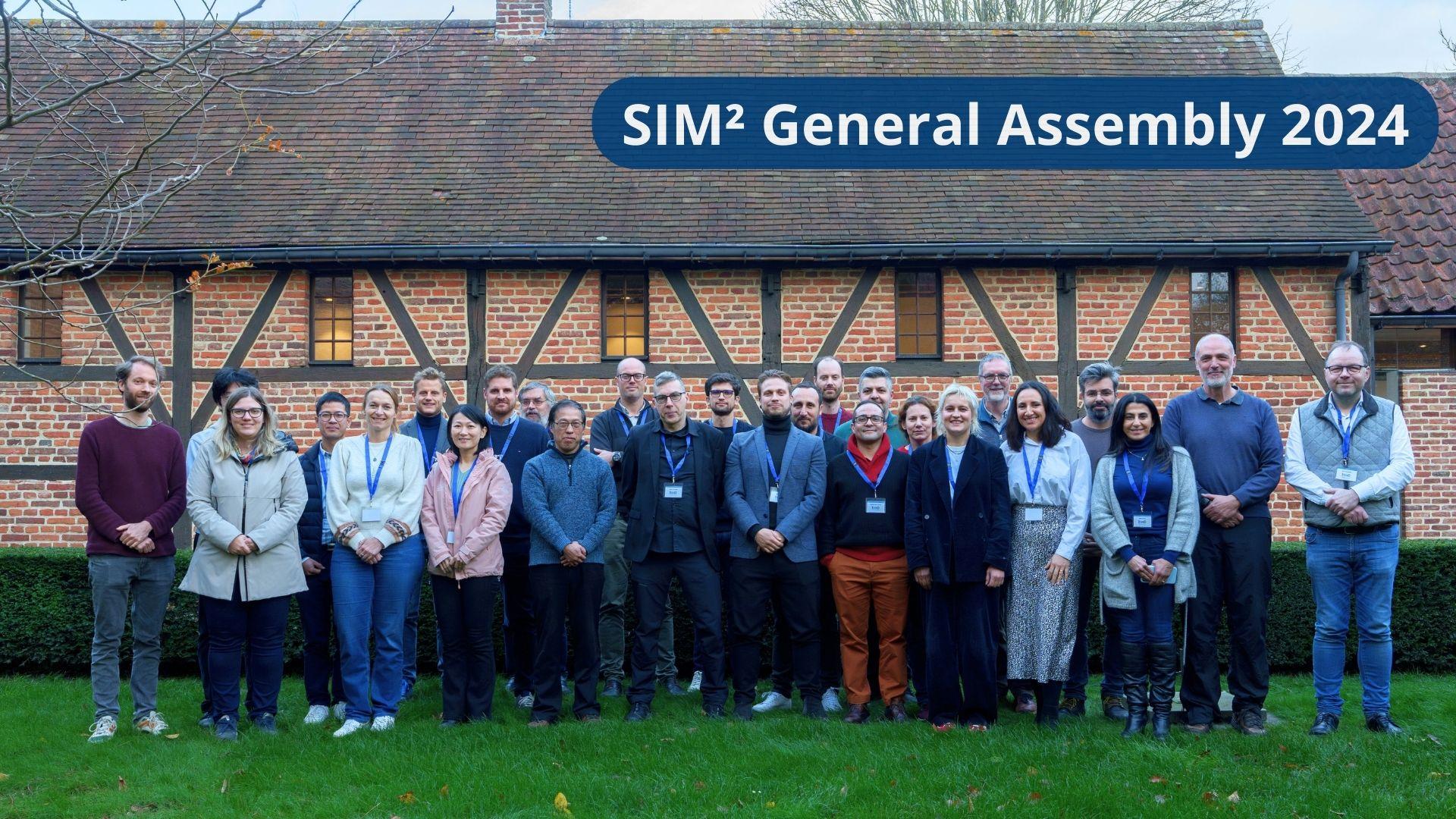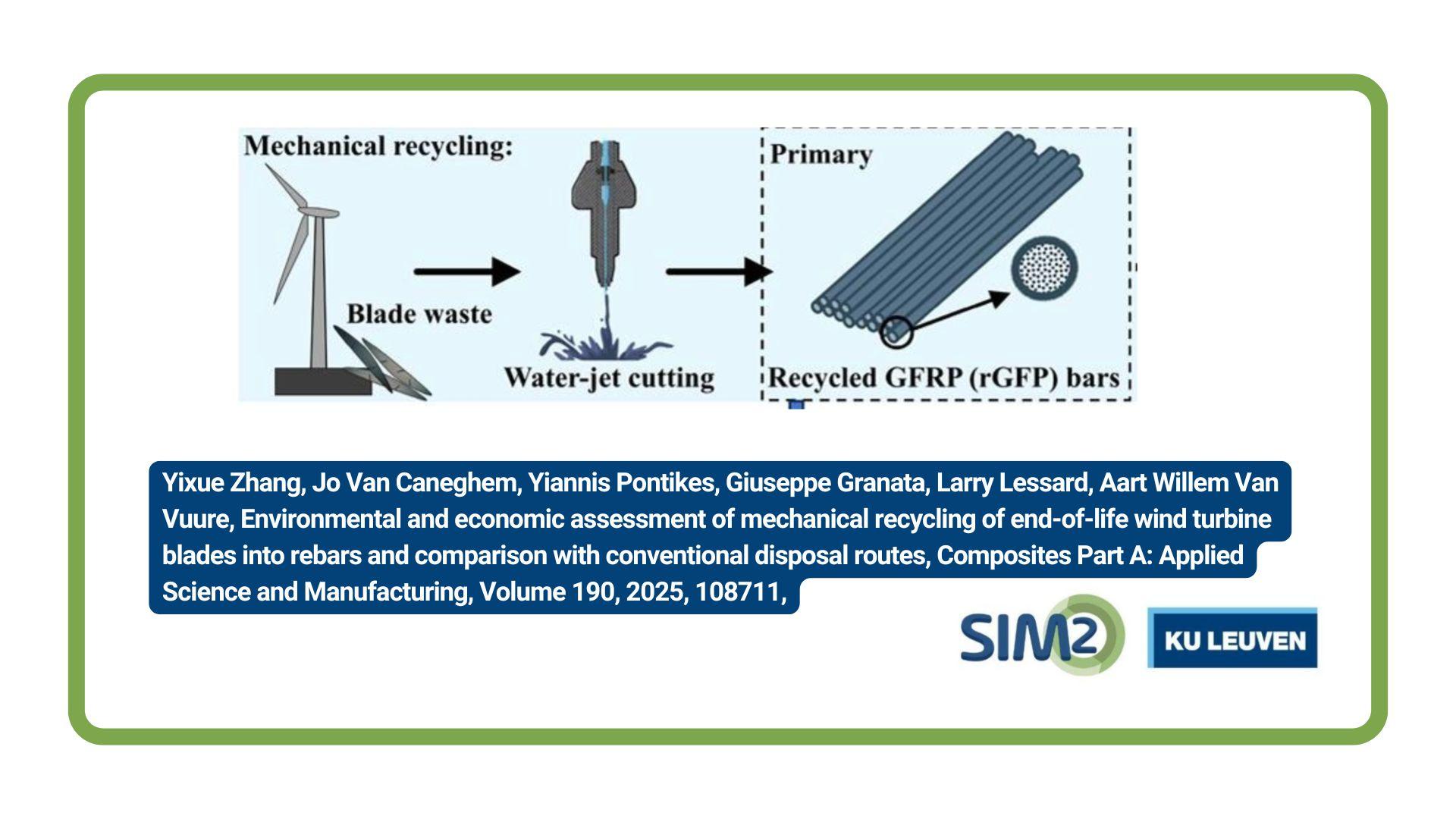Philippe Muchez is professor at the Department of Earth and Environmental Sciences at the KU Leuven and dean of the Faculty of Science. His is head of the Ore Geology and Geofluids research unit. Philippe Muchez coordinates one of SIM² KU Leuven’s flagship EU projects: EU H2020 ETN SULTAN and he is a core driver of the Research Line Geological exploration and advanced resource characterisation. Find out more about his work in this latest SIM² KU Leuven interview. (Leuven, 4/3/2019)
How did you become a professor in Leuven?
I have always been interested in science, laboratory work, but also in working outside. This is the reason why I started geology and not chemistry, which was my second choice. I started my university studies in Leuven, which had a good reputation for geology, and after my PhD in Leuven and post-doc work in Amsterdam, Leuven and Liverpool I obtained a permanent research position at the FWO-Flanders and later a professorship at KU Leuven.
What are the main topics you have been and are currently working on?
The topic of my PhD was carbonate sedimentology and geochemistry. During my post-doc I further specialized in fluid inclusion studies and stable isotope geochemistry. This broad background lead to three research themes: fluid flow in sedimentary basins, ore geology and geo-archaeology.
 During the last decade, ore geology became by far my main research field. Initially we studied the metallogenesis of sediment-hosted Zn-Pb deposits which resulted in an ore-forming model of these deposits in Europe. Since world-class sediment-hosted ore deposits are present in the Central African Copperbelt, these deposits were not studied in depth with modern analytical techniques and concepts. As the political situation allowed to start working in the DRC in 2005, we focused our research on the sediment-hosted copper-cobalt deposits in Central Africa.
During the last decade, ore geology became by far my main research field. Initially we studied the metallogenesis of sediment-hosted Zn-Pb deposits which resulted in an ore-forming model of these deposits in Europe. Since world-class sediment-hosted ore deposits are present in the Central African Copperbelt, these deposits were not studied in depth with modern analytical techniques and concepts. As the political situation allowed to start working in the DRC in 2005, we focused our research on the sediment-hosted copper-cobalt deposits in Central Africa.
We started working together with mining companies in both the DRC and Zambia and with the University of Zambia in Lusaka and the University of Lubumbashi (DRC). Soon afterwards, our studies were extended to Rwanda due to an excellent cooperation with the Royal Museum for Central Africa to Rwanda.
The Great lake area forms a unique opportunity to study the ore-forming processes of niobium-tantalum, tungsten, tin and gold deposits. The first four elements are clearly related to the evolution (fractionation) of granites in the region. The origin of the gold deposits is still ambiguous. The studies in the Copperbelt and Rwanda are continuing and are extended to the Nb-Ta-Sn-W-Au deposits in Burundi and eastern DRC and to the regional geology and geodynamics of the area.
The mineralogical and geochemical expertise gained in the ore geology studies are currently applied in characterizing secondary raw material sources. This forms a new theme for the next decade.
What attracts you in your research?
I love to combine field work with detailed petrographic and advanced geochemical analysis. The latter is a still a consequence of my interest in chemistry. It is only the combination of the results obtained with different techniques and approaches which allows to formulate an as much as possible evidence-based ore-forming model. Unraveling ore formation which took place a billion years ago is a difficult but forms a fascinating puzzle, especially when a lot of the pieces are missing.
If you had a time machine, what point in the past or future would you visit and why?
I wonder how society would have evolved in hundred years, how did they cope with the decrease in fossil fuels, raw materials and increase in temperature. Where they able to change mentality, adapt or did it result in human catastrophes as we start to see today?
If you had plenty of time, what would you do?
I would not change much at my current job, I just like it. From a job perspective, I would participate more frequently at conferences. Too often I am unable to go to interesting conferences due to time constraints. I spend each year several weeks abroad for field work, but have spent little time to visit these or other interesting places with my wife. This would be on my priority list together with having more time to read non-scientific literature.
What is the strangest talent you have?
Colleagues will most likely tell you my sense for order.
Biography Philippe Muchez
 Philippe Muchez was born in Wilrijk (Antwerp), but spent his youth in the Kempen (Campine) in northeastern Belgium. He obtained his PhD degree in Geology in 1988 at the KU Leuven. After his military service he was post-doc between 1989 and 1995 at KU Leuven with long research stays at the University of Liverpool (1990) and the University of Amsterdam (1991 and 1992). In 1995 he became Research Leader at the FWO-Flanders and part-time professor at the KU Leuven and since 2000, he is full-time at KU Leuven. Philippe carried out extensive field work in China as a carbonate sedimentologist, in Turkey in the area around the archaeological site of Sagalassos, in Zambia and DRCongo studying world-class Cu-Co ore deposits and in Rwanda focusing on Nb-Ta, Sn, W and Au deposits within their regional and geodynamic setting. He gained expertise in different geochemical techniques and numerical modelling, the laboratory is most frequently visited for fluid inclusion studies. Philippe has taught for 25 years the Geology course for science students, is still teaching Ore-forming processes and Geofluids and is coordinator of the course Geology and Society. Between 2003 and 2009 he was program director of the bachelor and master in Geology, he became vice-dean Education in 2009 and dean of the Faculty of Science in 2017. Within SIM² KU Leuven, he is one of the core drivers of Research Line Nr. 1: Geological exploration and advanced resource characterisation
Philippe Muchez was born in Wilrijk (Antwerp), but spent his youth in the Kempen (Campine) in northeastern Belgium. He obtained his PhD degree in Geology in 1988 at the KU Leuven. After his military service he was post-doc between 1989 and 1995 at KU Leuven with long research stays at the University of Liverpool (1990) and the University of Amsterdam (1991 and 1992). In 1995 he became Research Leader at the FWO-Flanders and part-time professor at the KU Leuven and since 2000, he is full-time at KU Leuven. Philippe carried out extensive field work in China as a carbonate sedimentologist, in Turkey in the area around the archaeological site of Sagalassos, in Zambia and DRCongo studying world-class Cu-Co ore deposits and in Rwanda focusing on Nb-Ta, Sn, W and Au deposits within their regional and geodynamic setting. He gained expertise in different geochemical techniques and numerical modelling, the laboratory is most frequently visited for fluid inclusion studies. Philippe has taught for 25 years the Geology course for science students, is still teaching Ore-forming processes and Geofluids and is coordinator of the course Geology and Society. Between 2003 and 2009 he was program director of the bachelor and master in Geology, he became vice-dean Education in 2009 and dean of the Faculty of Science in 2017. Within SIM² KU Leuven, he is one of the core drivers of Research Line Nr. 1: Geological exploration and advanced resource characterisation





